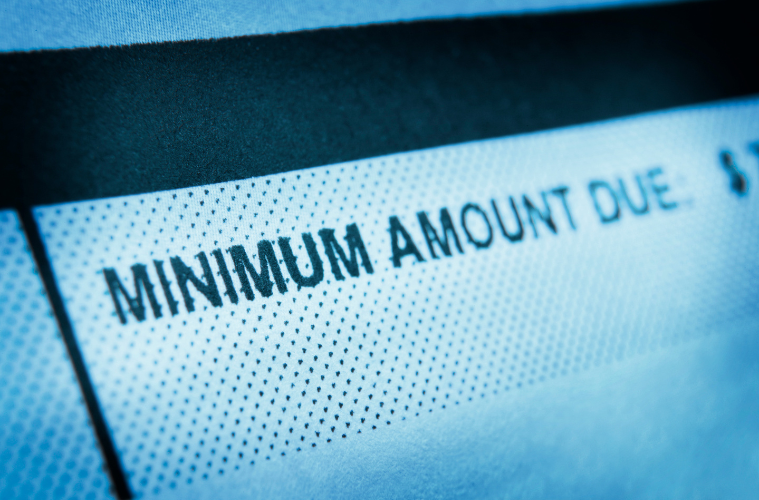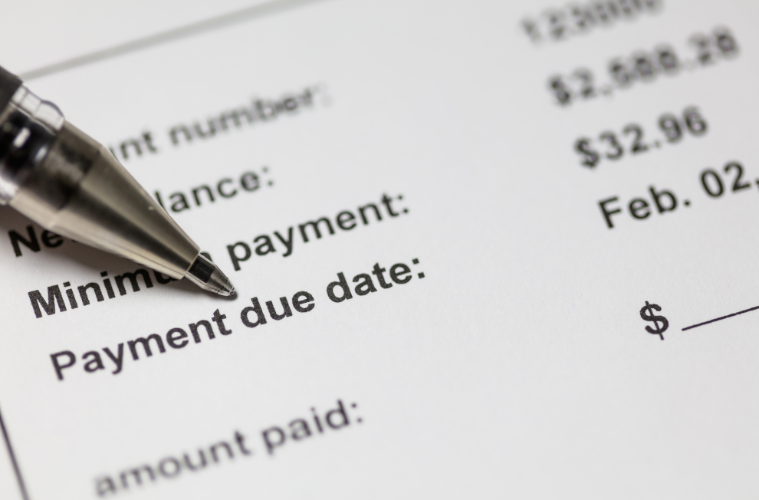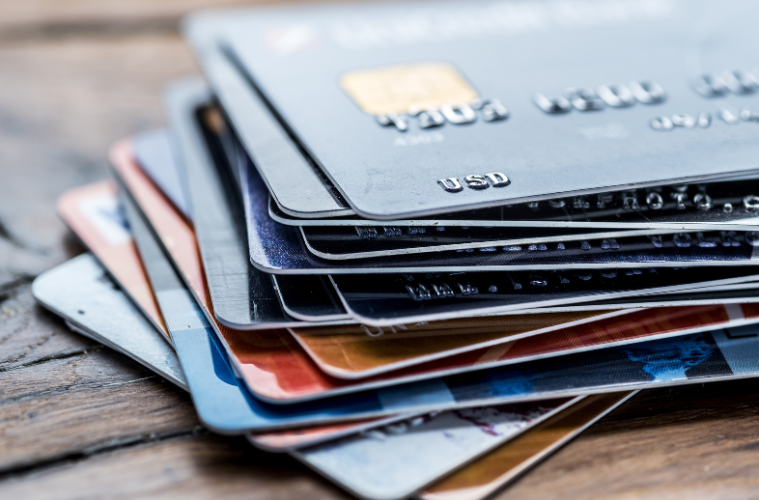
Credit cards can be powerful financial tools when used wisely. They offer convenience, help build credit history, and often come with benefits like cashback or travel rewards. But without a clear understanding of how they work, they can just as easily become a source of long-term debt and financial stress.
Many people unknowingly make decisions that hurt their credit score, rack up interest, or limit future opportunities. And the problem isn’t overspending—it’s a lack of strategy and awareness. Avoiding common credit card mistakes is less about restricting usage and more about creating financial habits that serve your long-term goals.
The Myth of the Minimum Payment

One of the most common misconceptions is that making the minimum payment each month is “good enough.” In reality, this habit keeps your balance growing due to compound interest, especially if your interest rate is high.
Making only the minimum creates a cycle where a $500 charge can turn into years of repayment and thousands in interest. Even small extra payments above the minimum can significantly reduce your total cost and shorten your repayment timeline.
Ignoring Due Dates and Statement Cycles

Late payments don’t just trigger late fees—they also negatively affect your credit score, sometimes for years. One missed due date can lower your score by dozens of points and impact your eligibility for loans, housing, or future credit.
Knowing your billing cycle and payment due date is critical. Setting reminders or enabling autopay can help you stay consistent, especially during busy or high-spend months.
Using Too Much of Your Available Credit

Your credit utilisation ratio—the percentage of your credit limit you’re using—makes up a significant portion of your credit score. Maxing out your cards or carrying balances that are too close to your limit signals financial instability, even if you pay on time.
The recommended practice is to keep utilisation below 30%, and ideally under 10% for optimal credit health. This shows lenders you’re in control of your credit and not overextended.
Applying for Too Many Cards Too Quickly

Every time you apply for a new card, a hard inquiry appears on your credit report. While one or two won’t do major damage, multiple applications in a short time frame can make you appear financially desperate or risky to lenders.
Before applying, consider whether the card fits your spending habits and financial goals. Focus on long-term credit building, not quick rewards or signup bonuses.
Misunderstanding Rewards and Fees

Not all credit cards are created equal. Many come with annual fees, foreign transaction charges, or complex reward structures that only benefit specific types of spending. Using a travel rewards card without travelling, or paying an annual fee for benefits you don’t use, erodes your financial advantage.
It’s essential to match the card to your lifestyle and review statements regularly to ensure the perks are working in your favour.
Final Thoughts
Credit cards aren’t dangerous—they’re just misunderstood. Most mistakes don’t happen out of recklessness, but from routine habits and small oversights that compound over time.
By avoiding common pitfalls—like paying only the minimum, overspending your limit, or misunderstanding your terms—you can turn your credit card from a liability into a long-term asset. With clarity and consistency, it becomes a tool that supports your financial stability, rather than undermines it.



